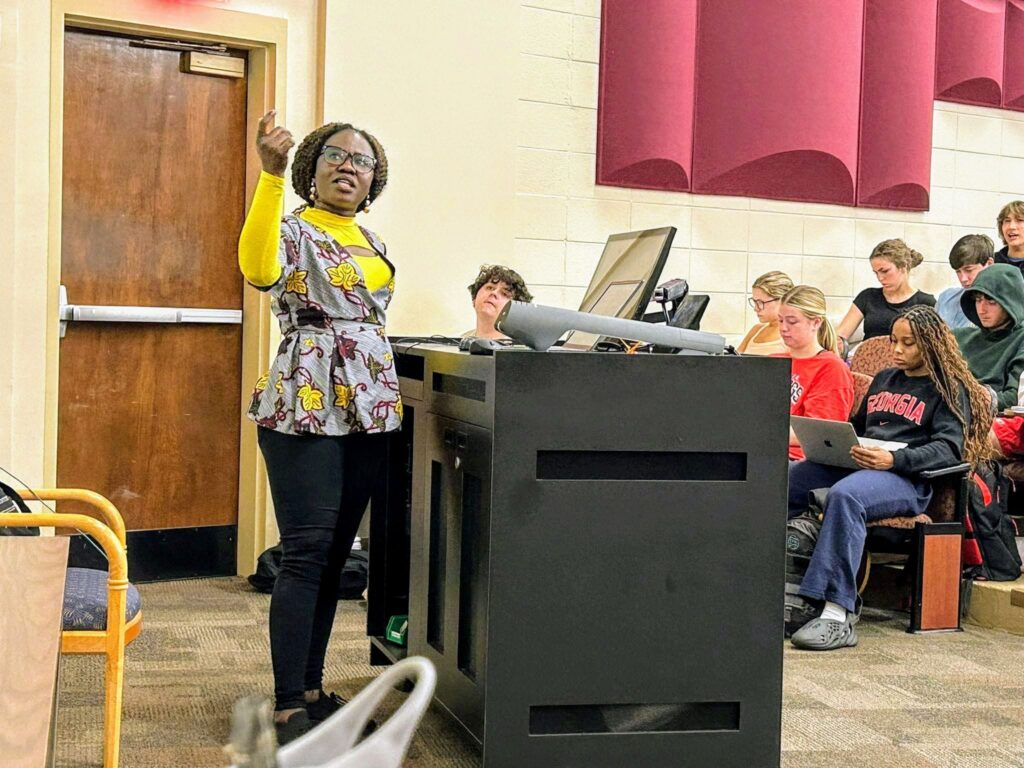The Importance of Preserving Yoruba Heritage
The Yoruba people, one of the largest ethnic groups in Africa, boast a heritage that is rich, vibrant, and deeply influential. From language and art to spirituality and philosophy, Yoruba culture has shaped not only communities in Nigeria but also the wider African diaspora in the Americas, the Caribbean, and beyond. Yet, like many indigenous traditions, it faces the risk of erosion in today’s fast-changing, globalized world.

My Journey with Yoruba
My love for Yoruba started early. As a little girl, I remember gathering children in my neighborhood and reading Yoruba stories to them. I didn’t fully realize it at the time, but those playful sessions of sharing proverbs, folktales, and simple passages were my first steps into teaching and preserving the language. What began as fun storytelling grew into a passion, one that would eventually shape my life’s path.
Years later, that same passion for Yoruba took me across the Atlantic to the United States as a Fulbright Foreign Language Teaching Assistant (FLTA). Standing in classrooms, teaching American students how to speak, write, and appreciate Yoruba, I saw firsthand how heritage connects us beyond borders. Watching students delight in mastering Yoruba greetings or learning about proverbs reminded me that this language isn’t just Nigeria’s treasure — it is the world’s gift.
Why Yoruba Heritage Matters
- Language as Identity
Yoruba is more than just a means of communication; it is a vessel of history, wisdom, and worldview. Every proverb, folktale, and drumbeat carries centuries of lived experience. Losing the language means losing unique ways of thinking and expressing life’s complexities. - Cultural Continuity
From the Ifá divination system to the talking drum, Yoruba practices preserve indigenous knowledge systems that have survived slavery, colonization, and modernity. These traditions remind us of the resilience of our ancestors and keep us rooted in who we are. - Global Relevance
Yoruba heritage has traveled far, blending into cultures in Cuba, Brazil, Haiti, and the U.S. through religion, music, and art. Preserving it at home strengthens the pride of those abroad who identify with Yoruba culture as part of their ancestry.
The Challenges We Face
Language Loss: Younger generations often prefer English for convenience, leaving Yoruba behind.
Globalization: Western media often overshadows indigenous art, music, and fashion.
Urbanization: Many cultural practices tied to traditional spaces and festivals are disappearing in cities.
How We Can Preserve Yoruba Heritage
Education: Teaching Yoruba in schools and encouraging its everyday use at home.
Digital Preservation: Documenting proverbs, songs, and stories through blogs, podcasts, and YouTube.
Celebrating Festivals: Supporting traditional ceremonies like the Osun-Osogbo Festival keeps culture alive.
Personal Effort: Every time we speak Yoruba, wear aso-oke, or share a proverb, we contribute to preservation.
Conclusion
Preserving Yoruba heritage is not just about nostalgia , it is about survival, identity, and pride. For me, it has been a personal journey: from reading Yoruba passages to children in my neighborhood to teaching it on an international stage. It shows that when we nurture our culture, it doesn’t just stay with us; it travels, inspires, and transforms others too.
Heritage is not something distant or abstract; it lives through us. When we teach, practice, and celebrate it, we affirm that the Yoruba legacy will continue to thrive — from the streets of Lagos to classrooms in America, and beyond.

Leave a Reply